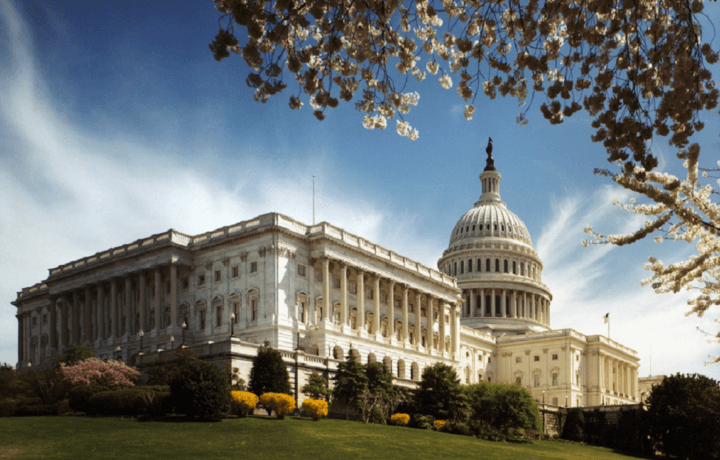After the elections this week, it looks like the U.S. House of Representatives might want another congressional hearing on Afghanistan. The U.S. Senate held hearings in 2021 on the topic, but as always with politics, shifting leadership can make them visit or revisit topics.
If Representative Michael McCaul becomes the House Foreign Affairs Committee leader, he has signaled that he wants to examine the DoD withdrawal of forces again.
“I will have oversight hearings on Afghanistan because I think it’s very important that we understand what happened and why it went so badly,” said Rep. McCaul
As many have mentioned, the Afghanistan withdrawal also had impacts on the foreign policy calculations in Beijing and Moscow, leading possibly to the larger-scale invasion of Ukraine and Chinese rhetoric about their Taiwan plans. McCaul believes that the U.S.-led NATO withdrawal from Afghanistan “may have projected weakness abroad which he thinks has emboldened China and Russia.”
Beyond the withdrawal shortcomings and the impact of the NATO departure on key nations, there will likely be a focus on the “moral injuries” that many Afghan war veterans are struggling with and the impact on the suicide increases. Many veteran groups have been discussing the short and long term impacts of what they consider a mission left unfinished. The longest war in America’s history is sure to have impacts on the society that no one imagined or could have predicted.
In contrast to the 2021 Senate hearings on Afghanistan, the House Afghanistan hearings are likely going to be wide ranging to cover the fallout of the withdrawal today, especially the increase in human rights violations by the Taliban-Haqqani regime, and the major increase in international terrorist organizations moving into Afghanistan.
We should expect a deeper study of the military options presented prior to the withdrawal decision in Spring 2021, and an examination of the risks that were explained to the White House in the event that Afghanistan was retaken by the terrorist groups that aided and carried out the September 11 attacks.
Another hot topic will likely be how the millions of dollars still being sent into Afghanistan by the U.S. government are being used, and who they precisely are being received by. Recently, the Special Inspector General for Afghanistan publicly rebuked the State Department and USAID for their lack of transparency in how they are disbursing money currently.
While the upcoming hearings are likely going to be much political theater, they could also shed some light on the policy-making process that led to the decisions by the last two administrations. Whatever the outcome, Americans should understand that just because we are tired of fighting terrorists in South Asia, those same terrorist groups have not lost sight of their goal to destroy the systems that underpin human rights and liberty in the majority of the world.



